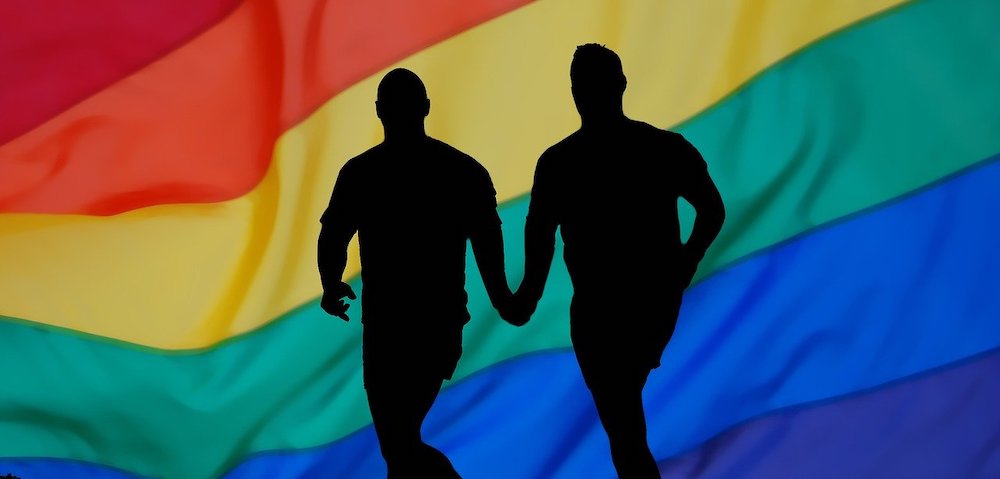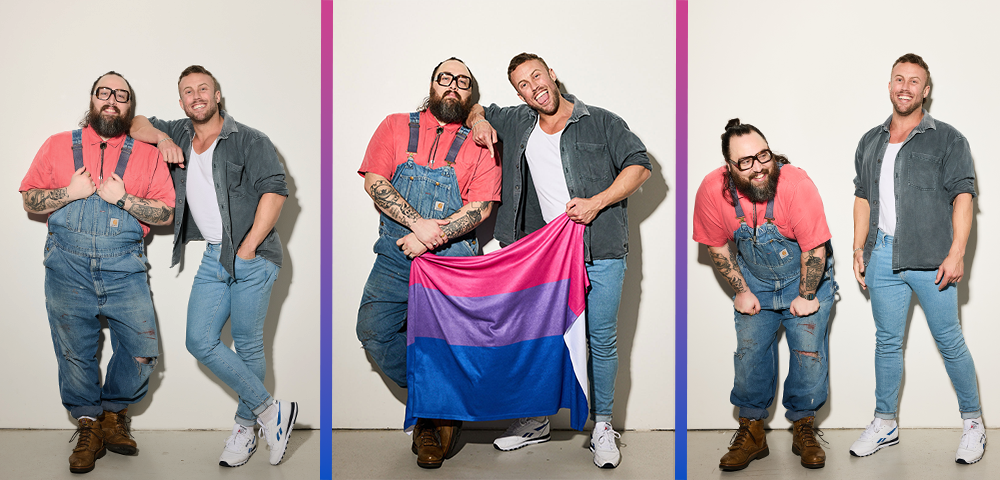
Religion doesn’t give the right to discriminate

 On Sunday, the member for Sydney, Alex Greenwich MP, announced that he would be taking a bill to the NSW Parliament abolishing one of the many exemptions enjoyed by private schools to the NSW Anti-Discrimination Act.
On Sunday, the member for Sydney, Alex Greenwich MP, announced that he would be taking a bill to the NSW Parliament abolishing one of the many exemptions enjoyed by private schools to the NSW Anti-Discrimination Act.
Currently under the Act, it is unlawful for public schools to refuse admission to, or expel, a student for being gay, lesbian or transgender. Religious and private schools are exempt from that part of the Act. This situation is not unique to NSW, with similar exemptions are found in the federal sex discrimination legislation and anti-discrimination laws across Australia.
A number of religious organisations came out to oppose Mr Greenwich’s bill (with the exception of the Australian Council of Jewish Schools) on the basis that exemption allows freedom of religion and for schools to ‘protect the rights of families who send their child to a school based on religious faith’. The schools also noted that the exemptions were used very rarely to remove gay and lesbian students.
The GLRL has campaigned for many years for the removal of exemptions to anti-discrimination laws for religious bodies receiving government funding. In our view, exceptions to the obligation not to discriminate against LGBTI people should only be granted in circumstances where there is a clear, rational policy reason.
We don’t accept that discrimination against either LGBTI students in an educational environment is essential to the practice of religion. Further, when balancing the right of LGBTI students to be protected from discrimination versus a right of religious schools to discriminate against them, another factor that must be considered is the wellbeing of those students. The GLRL is aware of substantial evidence of LGBTI students at religious schools being bullied, harassed and/or abused. The issue is not only that students can be expelled, they can be discriminated against by students or staff at the school and the school doesn’t have to take any action.
As pointed out by the religious schools on the weekend, private institutions have a discretion as to when they wish to apply this ability to discriminate. A school might tolerate your homosexuality for a couple of years then decide to eject you right before your HSC because you now have a partner you want to bring to the formal. A new school principal or board might decide to change the school’s policy at any given moment, greatly affecting a child’s education.
That fact the ability to discriminate is used ‘rarely’ is of little comfort. Running a school (and taking public money for it) is a public enterprise and should be governed by the same laws that apply to all schools. All students, teachers and staff in all schools in NSW should be granted the same protections under anti-discrimination legislation.
Lainie Arnold, NSW GLRL









